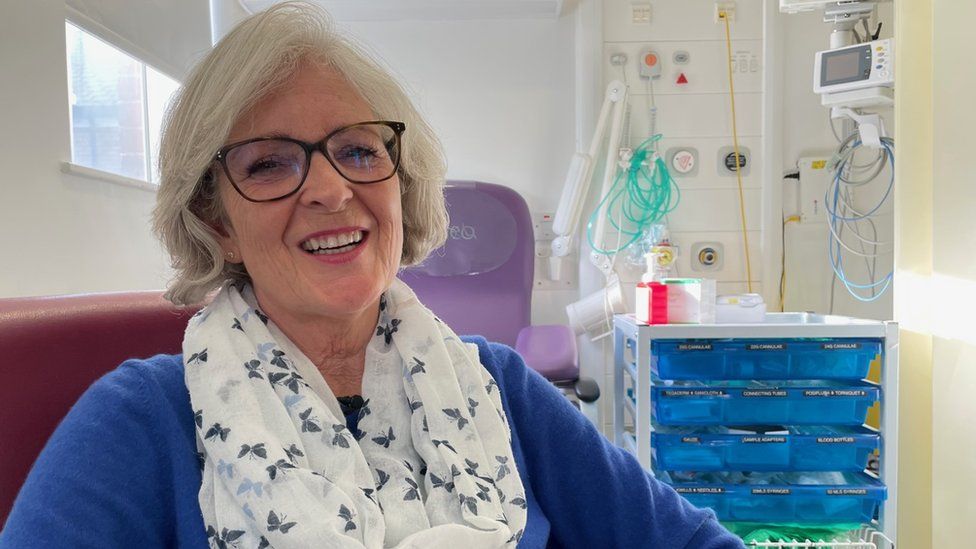-

-
-
Loading

Loading

A new study suggests that artificial intelligence (AI) is significantly better at grading the aggressiveness of a rare form of cancer from scans compared to the current method. Researchers from the Royal Marsden Hospital and Institute of Cancer Research found that AI, by recognizing details invisible to the naked eye, achieved 82% accuracy, while lab analysis only achieved 44%. The researchers believe that AI could improve treatment for this cancer and benefit thousands of patients each year. They are also excited about its potential to detect other cancers early. AI has already shown promise in diagnosing breast cancers and reducing treatment times. Professor Christina Messiou, a consultant radiologist at The Royal Marsden NHS Foundation Trust, said that this technology could lead to faster diagnosis and better personalized treatment. The researchers used a technique called radiomics to identify signs of retroperitoneal sarcoma, a type of cancer that develops in the connective tissue of the back of the abdomen. They fed this data into an AI algorithm, which was able to grade the aggressiveness of other patients' tumors more accurately than biopsies. The potential of this technology in transforming the lives of people with sarcoma and enabling personalized treatment plans has been praised by experts in the field. It is hoped that this technology can be used globally in the future, with specific treatment plans tailored to each patient's cancer biology.